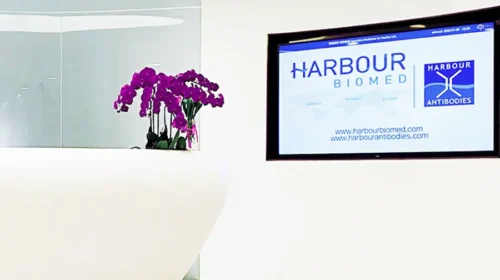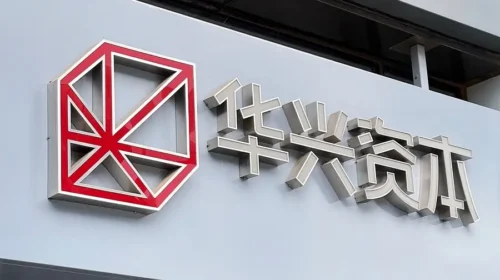NEWS WRAP: AstraZeneca China president assisting in investigation

The British drugmaker said Leon Wang is currently cooperating with an ongoing probe, as media reported the case involved the defrauding of China’s national insurance fund
By A. Au
British drug giant AstraZeneca Plc (AZN.L) said last week its executive vice president and China President Leon Wang was cooperating with an ongoing investigation by Chinese authorities. The company did not provide further specifics of the investigation or Wang’s whereabouts, and emphasized that its China operations continue under the leadership of General Manager Michael Lai.
According to a September report by Bloomberg, Chinese authorities detained five former and current AstraZeneca employees this year for alleged engagement in illegal activities, including potential violations of China’s data privacy laws and the importation of unapproved drugs for sale in China. Wang’s involvement in the case was only publicly disclosed in the AstraZeneca announcement on Oct. 30.
Just days before that announcement, reports from domestic media Jiemian indicated that Yin Min, chief business officer for Greater China at innovative drugmaker BeiGene (BGNE.US; 6160.HK; 688235.SH), was detained as part of an investigation related to her tenure as general manager of the tumor business department at AstraZeneca’s China branch. During that time some staff were accused of tampering with genetic test results of cancer patients to fraudulently obtain official medical insurance reimbursements.
Yin worked at AstraZeneca from 2006 until December 2021, holding several key positions before joining BeiGene.
Wang has been a crucial figure in AstraZeneca’s significant growth in China, making the company into one of the country’s leading multinational pharmaceutical firms. He is recognized as one of the highest-ranking Chinese nationals at multinational pharmaceutical companies in China, and is well-known in the industry.
But the latest fraud investigation may tarnish Wang’s professional reputation. According to financial media Caixin, AstraZeneca has faced allegations dating back to 2020 over the manipulation of genetic test results of cancer patients to defraud China’s medical insurance fund. Authorities have conducted a lengthy three-year investigation, resulting in the arrest of dozens of current and former senior executives, regional sales directors, and pharmaceutical representatives from AstraZeneca’s China division. The amount of fraud involved potentially reaches into the millions of yuan.
AstraZeneca’s lung cancer medication, Tagrisso, is at the center of the investigation, having entered the Chinese market in 2017. Initially approved as a second-line treatment, it was available only to patients who had undergone initial treatments with other drugs and developed resistance. The drug was priced at approximately 51,000 yuan ($7,160) per box, costing over 600,000 yuan annually. However, in 2018, it was included in China’s basic medical insurance catalog, allowing patients with valid genetic test results to purchase it at prices as low as 30% of the original cost.
Reports indicate that some sales representatives from AstraZeneca and employees from several lab operators allegedly falsified patients’ genetic test results, enabling those who otherwise would not qualify for insurance reimbursement to access the drug at a lower cost.
Since the Chinese medical insurance department initiated a larger investigation into fraud related to Tagrisso in September 2021, several rulings have emerged across at least six provinces in China. Those have resulted in the conviction and imprisonment of several regional sales directors and sales personnel from AstraZeneca, with some facing prison sentences of up to 11 and a half years.
The fraud investigation linked to Tagrisso has expanded nationwide this year and is now reaching higher-level employees within the company, casting a shadow over AstraZeneca’s prospects in China.
Following the news of Wang’s situation, AstraZeneca’s London-traded shares fell 2.8% last Wednesday, and continued to fall the next two days. As of last Friday, the stock was still up 8.9% year-to-date.
To subscribe to Bamboo Works weekly free newsletter, click here






